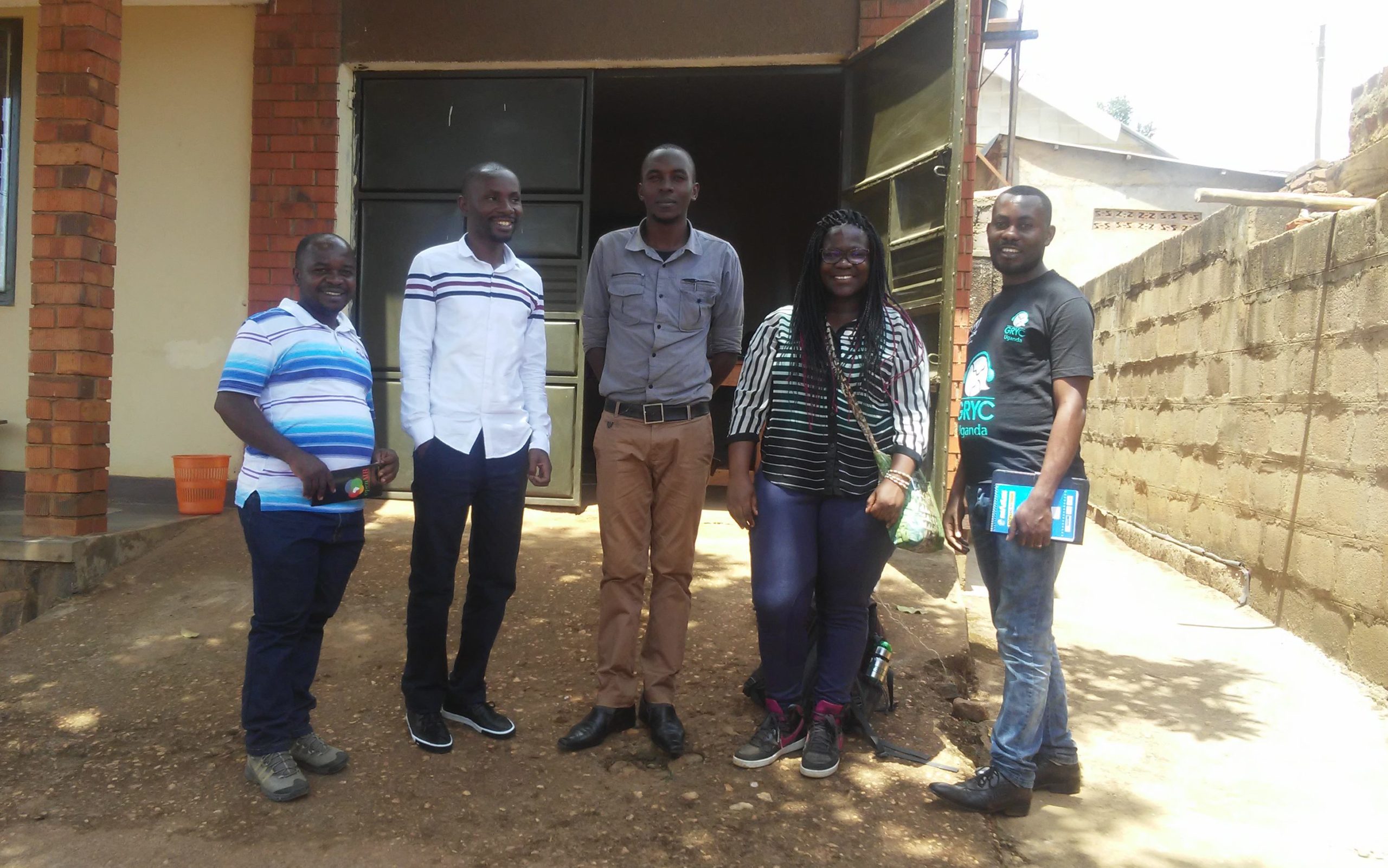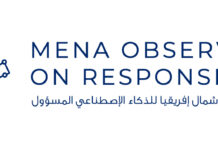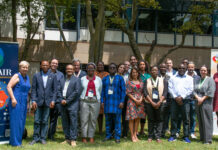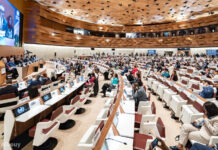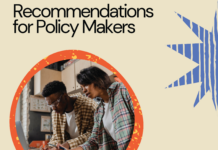By Nicole Tumaine
There is often a limited and constricted view of African innovation, especially when it comes to refugees and internally displaced persons (IDPs). While there is the common perception that refugees on the continent are resilient, innovative, and resourceful, it is only in the sense that “one man’s trash is another man’s treasure”. Too often, refugees and IDPs are perceived as persons with only needs. The reality is that refugees and IDPs are just like everyone else and bring many skills, ideas, and innovations to the global marketplace, both the marketplace of ideas and of goods.
Though refugees and IDPs on the continent are indeed resilient, innovative, and resourceful, the research I was conducting in Uganda – interestingly in the same place where I was a refugee as a child – showed far different examples than most would expect. Instead of finding children making cars out of rubber bands and wire, I found organizations led by young adults that are attempting to bridge, and at times fill, the gap left by often insufficient or inappropriate humanitarian aid.

Refugee Founded and Refugee-led Organizations
For a few weeks earlier this year, I conducted some preliminary research in Kampala, Uganda, looking at innovation both by refugees and IDPs in refugee camps and outside of camps. During my research, I met two amazing organizations: OneYouth OneHeart (OYOH) and Young African Refugees for Integral Development (YARID). Both pride themselves on using a human-centred approach to design and innovation and both are lead by vibrant young people.
OneYouth OneHeart
OneYouth OneHeart was started in 2014 by two Congolese refugees, a Sudanese refugee, and a Ugandan national seeking to bridge the gap between Ugandan nationals and refugees in Uganda, the majority of which are from Congo (DRC), Rwanda, and Burundi. Their objective was to create a platform for both national and refugee youths to come together in a shared space to discuss and find solutions to commonly faced problems. Not only was this an initiative to get youths together, but it also became a way to find community-led and community-owned solutions to various challenges. The organization has had many successes, among them, the School Innovation Challenge, U-Spark Hub, Youth Livelihood Innovation Boot Camp, and the Emerging Innovator’s Forum.
For example, U-Spark Hub aims to not only enhance youth’s ICT knowledge but to also support entrepreneurialism. Through this hub, youths are introduced to and trained

in using ICT tools to connect with markets both within and outside of Uganda. This has allowed them to connect with mentors as well as investors to sell their products. U-Spark Hub formed locally and organically. It allows end users to be involved in the innovation process from start to finish, increasing the likelihood that products and solutions not only correspond to community needs, but also empowering refugee youths to see that they are able to be in control of their own futures and livelihoods. The environment in which they work also promotes cooperation and community involvement because they often work together in groups to come up with solutions. While U-Spark is still in its early stages, it is promising to be an important platform to enhance refugee youths’ creativity and talents in a way that contributes to not only their own livelihoods but to that of Ugandan nationals as well.
YARID
Founded by Congolese refugees in Uganda, YARID has been operating for almost 10 years. YARID originally began as an outlet to bring together Congolese, Rwandese, and Burundian refugees to address shared struggles such as poverty, unemployment, and ethnic tensions that sometimes arise among refugees. They have since expanded and now offer a variety of programs such as education programs, sports for development programs, the Women’s Empowerment program, and the Innovation Hub.

Similar to U-Spark Hub, YARID has created an Innovation Hub Space where refugees come together to share ideas and come up with community-centred and community-owned solutions to problems that they face. Just like U-Spark Hub, the Innovation Hub is human-centred and provides a platform for the community to find community-based solutions to actual problems in the community. Furthermore, YARID’s Innovation Hub offers computer and social media training to refugees. While this may not seem essential, it goes a long way in keeping refugees connected with their families back home as well as helping them feel connected to the larger world, including policy discussions.
Meanwhile, YARID’s Women’s Empowerment program has been very successful and helped YARID to win the Prestigious Ockenden Prize at Oxford University in 2016. The Women’s Empowerment program hosts classes for refugee women to learn tailoring skills. The products they are making range from custom African print clothing, stuffed animals, backpacks, and more. The Director, Robert Hakiza, is quick to point out that this program is crucial as refugee women are among the most vulnerable of populations, often facing domestic and sexual violence as well as having higher rates of HIV/AIDS. This program contributes to these women’s self-sufficiency; thereby increasing their autonomy and helping them be less reliant on humanitarian aid. I look forward to further exploring this program, including looking at how information and knowledge is shared or protected.
Importance of this Research
Obviously, there are many other organizations not just in Uganda but also around the world that are helping to enable refugees and IDPs to expand on their skills and promote their innovations. There is a need for more research to be done on this topic and I welcome any insights and examples that others may have. I am very grateful to

these two organizations for allowing me the opportunity to see what they are doing on a daily basis. These organisations are just one solution to the many challenges faced by refugees. These organisations are created locally and organically, without creating dependency or decreasing the personal autonomy of the people they are working with. I very much look forward to continuing this research, highlight refugee innovations and seeing how their innovations are solving real problems.

